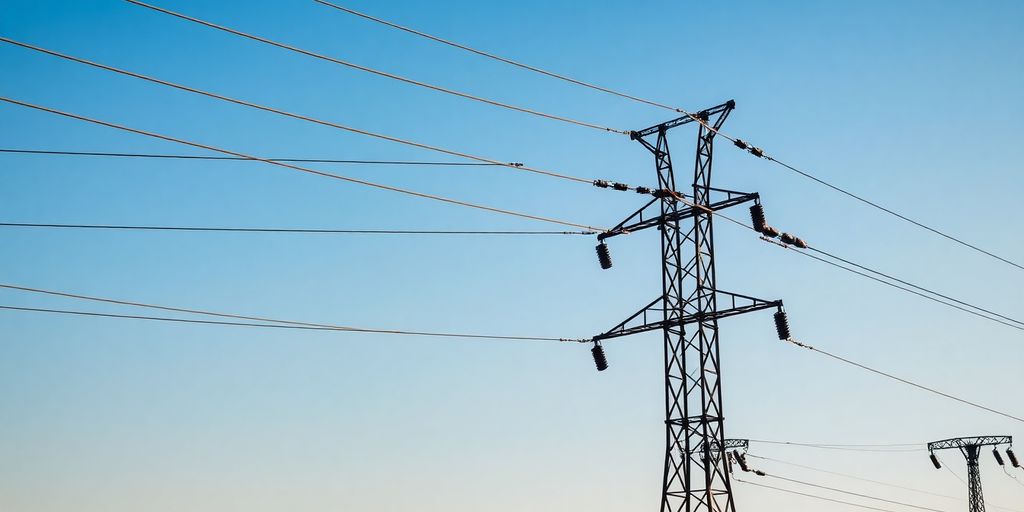In a significant display of regional solidarity, Bulgaria has stepped in to supply electricity to North Macedonia and Serbia following a power crisis that left many areas in the Balkans without power. The crisis was triggered by a combination of low electricity consumption and high voltage levels, leading to widespread outages early Sunday morning.
Key Takeaways
- Bulgaria provided emergency electricity supplies to North Macedonia and Serbia.
- The crisis was caused by low consumption and high voltage levels in the power grid.
- Bulgaria maintained a stable power supply due to its compensating capacities.
- Minister of Energy Zhecho Stankov emphasized the importance of regional cooperation.
Background of the Power Crisis
The power crisis in the Balkans emerged when several countries, including North Macedonia and Serbia, experienced significant disruptions in their energy systems. The outages were primarily due to low electricity consumption, which resulted in high voltage levels and the accumulation of reactive energy. This situation led to protective measures being activated in transformer stations, cutting off power in various regions.
Bulgaria’s Response
Bulgaria’s Minister of Energy, Zhecho Stankov, announced the country’s proactive measures during an emergency briefing. He stated that Bulgaria has 90% of its compensating capacity available, allowing the country to stabilize its own grid while assisting its neighbors. Stankov assured that no consumers in Bulgaria were left without power, highlighting the effectiveness of Bulgaria’s energy management.
- Compensating Capacities: Bulgaria’s ability to manage reactive energy was crucial in preventing the crisis from escalating. The country’s grid remained stable, unlike those of its neighbors.
- Restoration Efforts: At 5 a.m., Bulgaria committed to restoring the Belasitsa power line, which operates at 110 kilovolts, to help North Macedonia regain electricity supply.
Regional Implications
The incident underscores Bulgaria’s strategic role as a stabilizer in the regional power grid. Unlike the recent power crisis in Spain and Portugal, where renewable energy sources contributed to the outages, Bulgaria’s situation was different. Stankov clarified that the failure occurred during early morning hours when renewable energy generation was low, thus not contributing to the problem.
Future Investments
To further enhance the stability of the power grid, Bulgaria is collaborating with the European Investment Bank to construct at least three new pumped storage power plants (PAWPPs) in the Rhodope region. These investments aim to bolster the region’s energy resilience and ensure that Bulgaria can continue to support its neighbors in times of crisis.
Conclusion
As the power crisis continues to affect Serbia and Croatia, Bulgaria remains committed to assisting its neighbors. Minister Stankov reiterated the importance of maintaining a stable power supply in the region and emphasized Bulgaria’s readiness to support other countries facing similar challenges. This event not only highlights Bulgaria’s capabilities in energy management but also reinforces its position as a leader in regional energy security.






